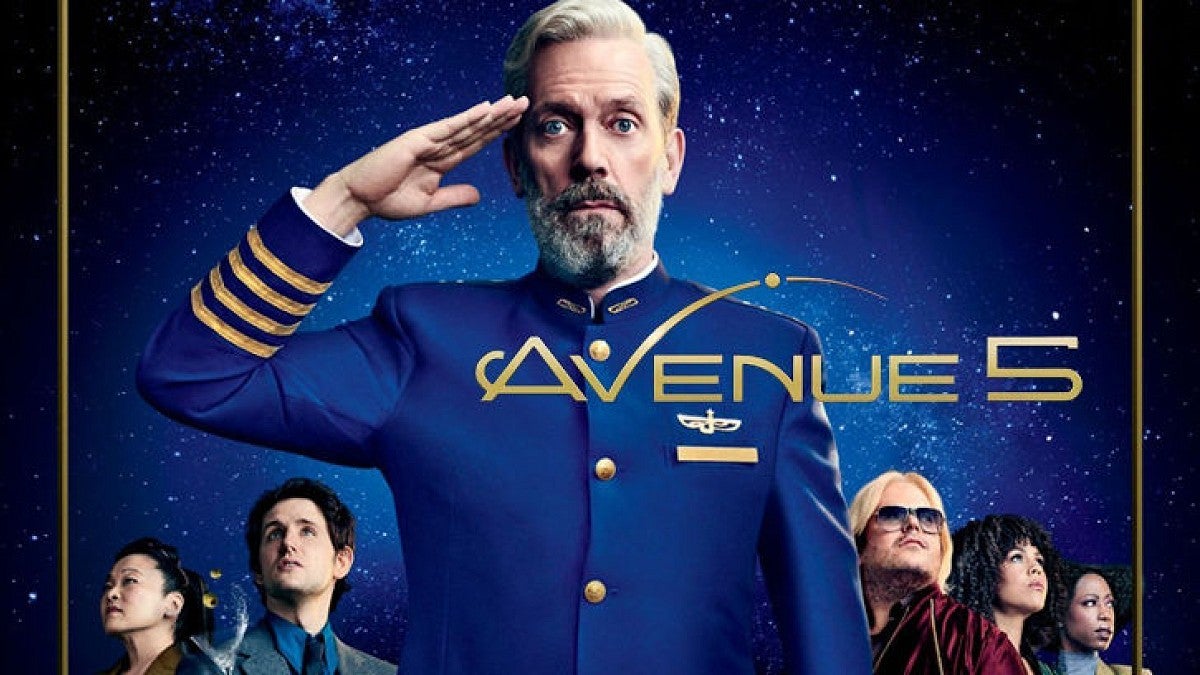There’s something for everyone in this third outing in a four-part series of recommendations from UO faculty members from the Departments of English, School of Journalism and Communication and Cinema Studies.
Peter Alilunas, associate professor and career instructor, Department of Cinema Studies:
Avenue 5
An overlooked half-hour HBO comedy that wrapped up its first season just as the quarantine started, “Avenue 5,” comes from the original producer of “Veep,” another razor-sharp HBO social satire that can offer a good indication of what to expect here, too. This is a show set in the future aboard an interplanetary cruise ship that’s beset by an equipment malfunction that turns an eight-week pleasure cruise into a three-year journey home, but rather than heroism, the crew and passengers descend into hilariously self-absorbed chaos.
Like any great comedy, “Avenue 5” is about multiple things at once. Here, that means: a skewed forecast of a future in which humans continue on their current, myopic trajectory in which technology is neither angel nor demon but rather a tiresome background hum that can — and will — go wrong, a deliciously irreverent portrait of bureaucracy, and a takedown of leisure culture that finds fresh targets rather than familiar and easy laughs. “Avenue 5” might be set in the future, but it’s equally about the present, of course, and presented as madcap farce, full of unexpected twists and turns that leave you wondering how it all gets where it ends up. “Avenue 5” starts immediately and just keeps running.
As quarantine viewing, “Avenue 5” is eerily prescient, particularly given the role that actual cruise ships played at the beginning of the current crisis. It’s also a cathartic pleasure to watch this gallery of grotesques, topped by Hugh Laurie and Josh Gad, engaging in exaggerated, comic behaviors that still … somehow … look familiar. Mostly, like all great comedies, “Avenue 5” captures and reflects on who we are as a species by exaggerating and highlighting our flaws. In a weird way, that also means it illuminates our strengths, which is something we need now more than ever.
Zak Roman, doctoral student, School of Journalism and Communication:
“Primal” (2019)
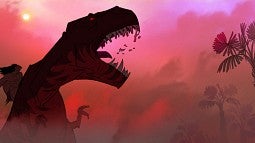
Tartakovsky is an underappreciated master. His preferred medium of animation likely contributes to his relative obscurity, but he is as effective a storyteller as anyone working in Hollywood, often conveying narrative through action rather than dialogue. His version of “The Clone Wars” is arguably the strongest example of “Star Wars” media since the original trilogy, and “Samurai Jack” is sublime.
“Primal” somehow manages to cast viewers into the depths of despair, the peak of wanton bloodlust, the quiet of contemplation and the bonds of heartbreak seemingly all at once. The story is episodic and follows a nameless caveman who reluctantly befriends a tyrannosaurus after both experience tragedy. That setup has the potential to be a maudlin mess, but Tartakovsky’s deft touch with story shapes their relationship through quiet development, producing a dynamic in the mold of something Jack London might have conceived.
However, Tartakovsky’s most conspicuous calling card is his use of action. Fantasy and comic book fans particularly will find something to love here. The battles throughout the series are epic, kinetic and well-paced. They’re also quite violent. It’s a Tarantino brand of mayhem, but viewers should be aware it is a fairly consistent element of the series.
Books
Stephanie LeMenager, Barbara and Carlisle Moore Chair in English, Department of English:
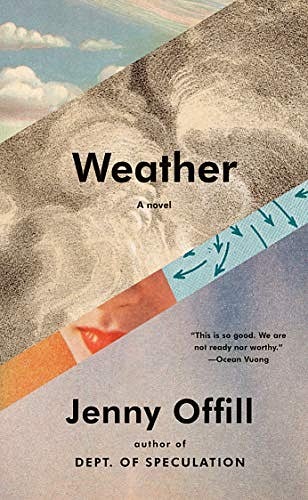
By Jenny Offill
In the novel “Weather” our global climate crisis serves as the backdrop to otherwise “normal” everyday life in New York City, reminding readers that crisis can be ongoing, unevenly felt and yet at every instant changing the range of moral action and span of beauty that future humans enjoy.
The Resisters: A Novel
By Gish Jen
“The Resisters” is a remarkably upbeat dystopian novel, where college baseball becomes a means of (finally) enacting an antiracist American democracy.
Heidi Kaufman, associate professor, Department of English:
The Last Watchman of Old Cairo: A Novel
By Michael David Lukas
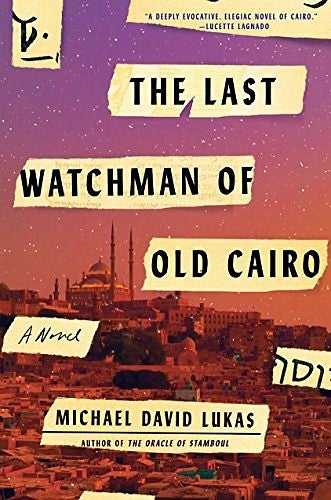
The narrative explores the relations between Jews and Muslims in Egypt from the ninth century through today. The novel is based on a true story about the Cairo Geniza, but it reaches beyond to consider how narratives of religion, place, people and families haunt one another.
The Bug
By Ellen Ullman
“The Bug” is set in 1980s when a computer bug infects a software startup, and employees are at a total loss to solve the crisis. The hero of the story, of course, is the character with a doctorate in English.
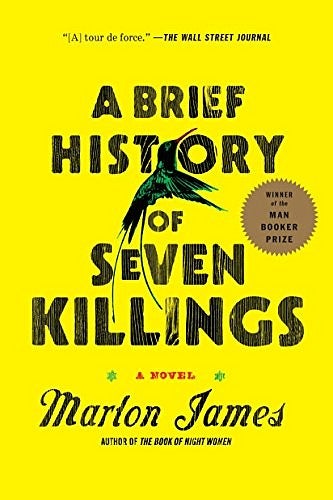
By Marlon James
Told from the perspective of several characters and ghosts, “A Brief History of Seven Killings” weaves together periods in Jamaica’s recent history (1970s-90s) when various factions struggled for political power. This is the first novel by a Jamaican writer to win the Booker Prize. The narrative can be violent, in keeping with the history it depicts. But the writing is stunning and knocked me off my chair.
Interested in hearing more about authors and books? The Oregon Humanities Center’s UO Today show offers an extensive playlist of author interviews.
—By Sharleen Nelson, University Communications


